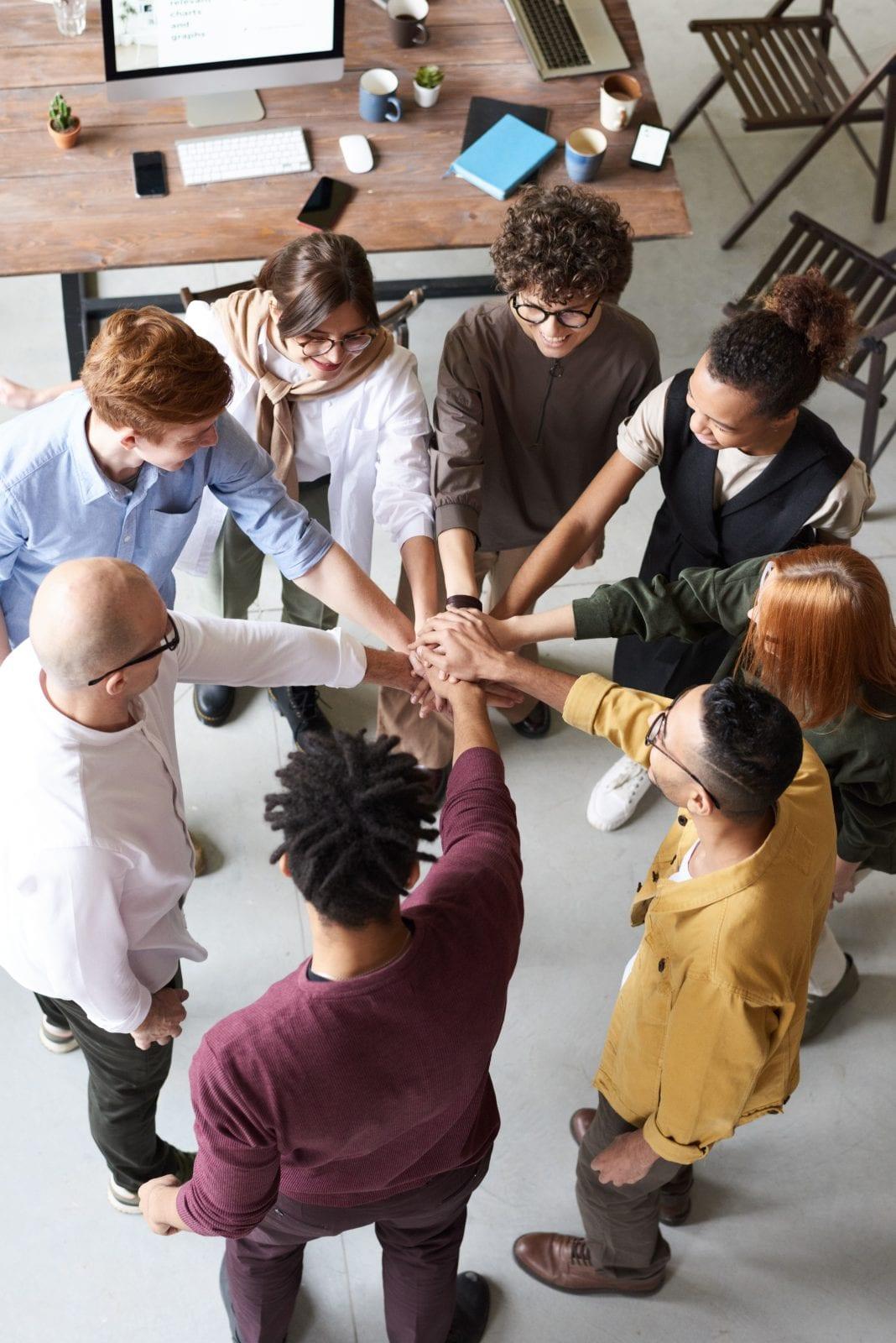Here’s something that should make every business leader sit up straight: Americans are living in two completely different realities when it comes to civility. And the disconnect is costing us—mentally, socially, and likely economically as well. A groundbreaking national study just dropped, and it reveals what researchers are calling “The Civility Paradox.” The findings? While nearly everyone thinks they personally are civil and respectful, only 26% believe society itself feels civil.
Let that sink in for a moment. We all think we’re the good guys, but we’re convinced everyone else is the problem. IW Group surveyed 3,000 Americans between May and June of this year, and the results paint a troubling picture of a nation at odds with itself. More than half—53%—describe our society as uncivil, with people twice as likely to call it “extremely uncivil” rather than “extremely civil.” Even more sobering: half of all Americans believe civility has declined in just the past 12 months.
“We’re witnessing a crisis of civility coupled with a deep distrust of others,” says Bill Imada, Chairman and Chief Connectivity Officer of IW Group. “The result is great collective suffering, with deep divisions about both the experience of civility today and the solutions that could restore it.”
The Mental Health Crisis Hiding in Plain Sight
This is about more than hurt feelings or awkward workplace encounters; incivility has become a legitimate public health issue. Two-thirds of Americans report negative mental health impacts from uncivil behavior in the past year. And almost one in four people say they run into these issues every week (or even more often). For Gen Z, that number climbs to 33% and 40% for LGBTQ+ respondents.
Stop and think about that for a second: your employees, your customers, your community are bumping into incivility all the time. And it’s happening everywhere. Online? 34%. In person? 33%.
What’s the reaction? People are shutting down. More than half of Americans admit they’ve held back their real opinions this past year just to avoid a fight. And when they do see something harmful online, only about a third would actually step in. The result is a culture of silence—one that’s being driven by fear.
The “I’m Fine, You’re the Problem” Effect
Here’s where it gets paradoxical: most people believe they’re doing the right things. Nearly 9 in 10 say they take responsibility for their actions. Eight out of ten insist they’re respectful even during disagreements. And 77% claim they try to understand someone else’s perspective before responding.
But when they look at others, the trust falls apart. Only half believe most people try to do the right thing. Just 43% think people are generally kind. And only 30% say others can be trusted. Dr. Betsy Emmons from the University of Nebraska calls this the “third-person effect.”
“The third-person effect in this research—where people think they are civil but others are not—is especially meaningful,” said Emmons, Ph.D., Associate Professor of advertising and public relations at the University of Nebraska. “It suggests that we need to help people see when they themselves fall short of civility, even unintentionally. These insights can spark important community conversations.”
What’s Driving the Divide?
When asked what’s killing civility, Americans didn’t hold back. Social media aggression came in first at 28%. Political polarization followed at 21%. Then came the erosion of basic kindness and the media’s love of amplifying outrage. And people are clear about who’s helping and who’s hurting. Teachers and educators topped the “uniters” list at 54%.
Federal government officials, on the other hand, were seen as the biggest “dividers” at 59%, with TV news and social media influencers rounding out the top three.
The Path Forward (and Why it Matters for Business)
But it’s not all bleak. Forty-two percent of Americans still believe we can build a more civil future. And most—63%—say the responsibility starts with individuals, not institutions. So, what solutions do people want? Start at home: teach kids strong values. Learn to speak and listen with respect. Practice empathy, even when you disagree.
Beyond that, they want schools to teach mutual respect, communities to promote good citizenship, and media outlets to focus on facts instead of fueling division.
For business leaders, the message couldn’t be clearer. Your workforce is tired. Your customers are drained. The very social fabric that business relies on—trust, collaboration, connection—is unraveling. Companies that step up and model civility, inside and out, will gain a real competitive edge in a world that’s desperate for something better. Because here’s the uncomfortable truth: none of us are quite as civil as we think we are. But acknowledging that gap? That just might be the first step toward becoming the people we believe ourselves to be.








